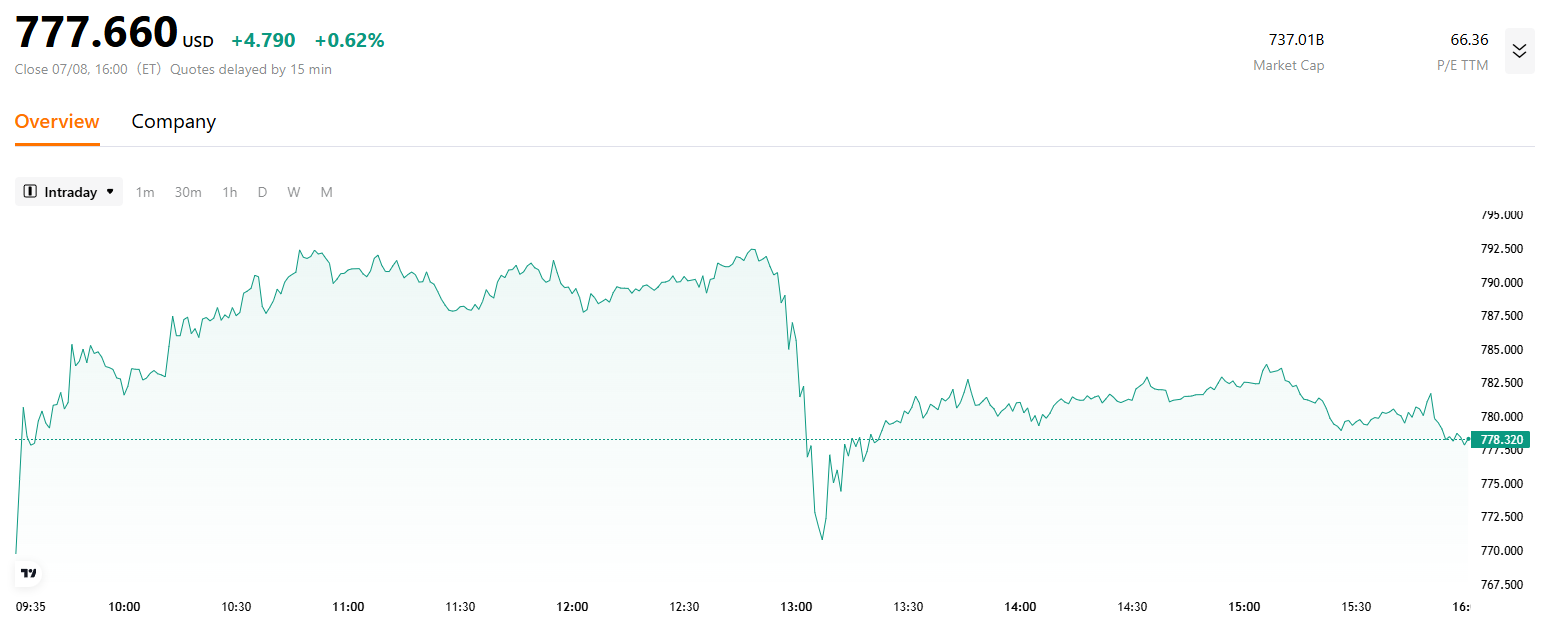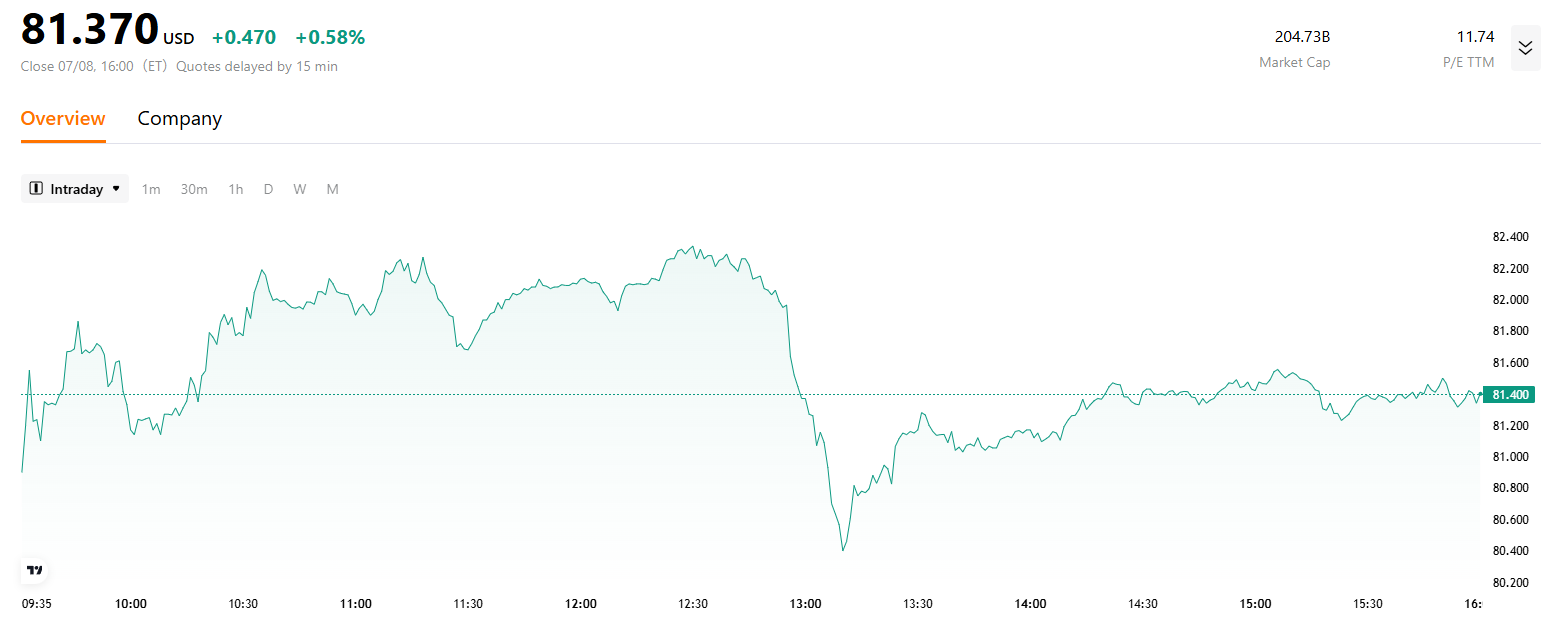200%! Trump's Drug Tariff Ultimatum: Are Patients the Victims of Tariffs?
TradingKey - During a Cabinet meeting at the White House on July 8, Trump announced plans to impose tariffs of up to 200% on imported drugs, requiring pharmaceutical companies to relocate their production chains to the United States and granting them a 1 to 1.5-year adjustment period. If companies fail to relocate by the deadline, imported drugs will incur punitive tariffs.
Continuing his "America First" strategy, Trump aims to force supply chains back to the U.S. through high tariffs and alleviate domestic inflationary pressures, asserting that these tariffs will "not affect inflation" but instead promote a resurgence in manufacturing.
Data shows that as of 2023, 73% of drug imports in the U.S. come from Europe. Once this tariff policy is implemented, drug costs will increase directly and could exacerbate the risk of drug shortages.
U.S. pharmaceutical manufacturers believe that imposing tariffs will heighten the potential for drug shortages and reduce patient access to medications. In response, industry organizations are urgently lobbying Trump for a gradual implementation of import drug tariffs to lessen the impact and allow time for supply chain relocation.
As a result of news regarding the drug tariffs, the S&P Pharmaceutical Index declined on July 8, with shares of companies like Eli Lilly and Merck plummeting from intraday highs.

[Eli Lilly Stock Price Chart; Source: TradingKey]

[Merck Stock Price Chart; Source: TradingKey]



